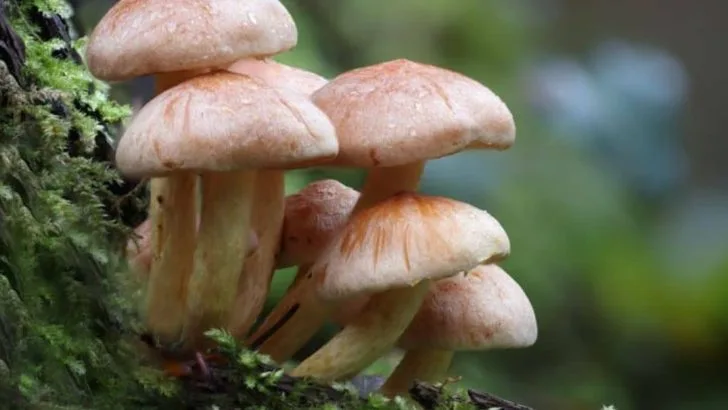Mushrooms are often overlooked in gardening, but they are powerful allies when it comes to soil health and sustainability. These fascinating fungi do much more than just pop up after a rainy day—they actively improve soil structure, enhance nutrient availability, and support plant growth in ways that many gardeners don’t realize.
By forming beneficial relationships with plant roots, breaking down organic matter, and even helping with pest control, mushrooms can transform your garden into a healthier, more resilient ecosystem. Whether you’re growing vegetables, flowers, or trees, incorporating fungi into your soil can lead to better water retention, richer nutrients, and stronger plants.
In this article, we’ll explore 17 unexpected ways mushrooms can benefit your garden soil, proving that these hidden garden helpers are worth embracing!
Soil Structure Enhancement
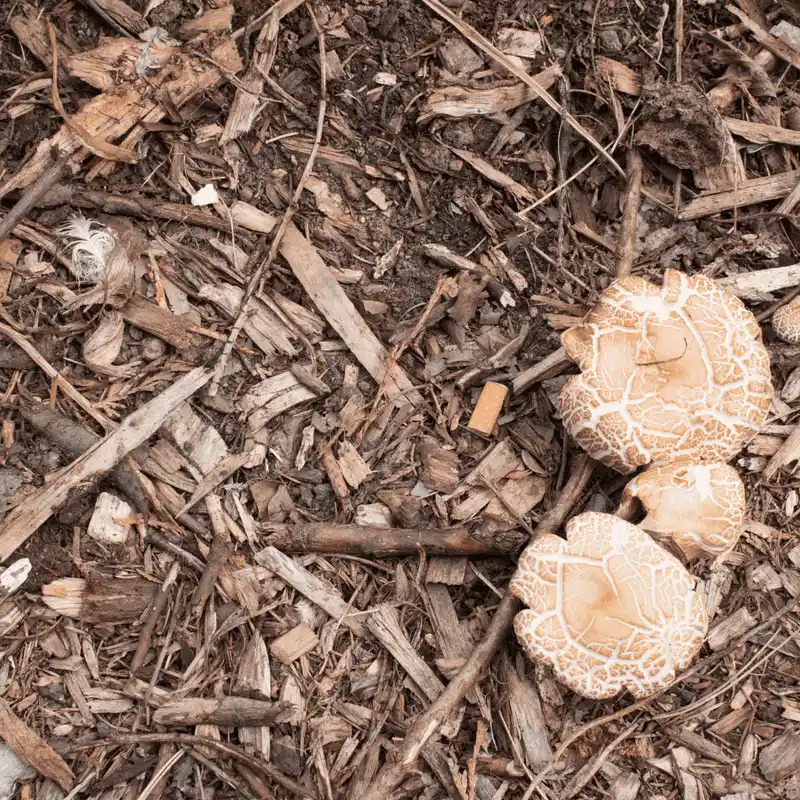
The intricate mycelium network created by mushrooms acts like nature’s web, weaving through the soil to improve its structure. These tiny fungal threads bind soil particles together, boosting aeration and water infiltration. The result is a robust environment where roots can explore with ease. Moreover, this enhanced soil structure reduces erosion and compaction, supporting plant health. By introducing mushrooms into your garden, you cultivate an ecosystem that encourages root development and nutrient exchange. Over time, this naturally improves soil fertility, leading to more vigorous plant growth.
Nutrient Cycling Boost
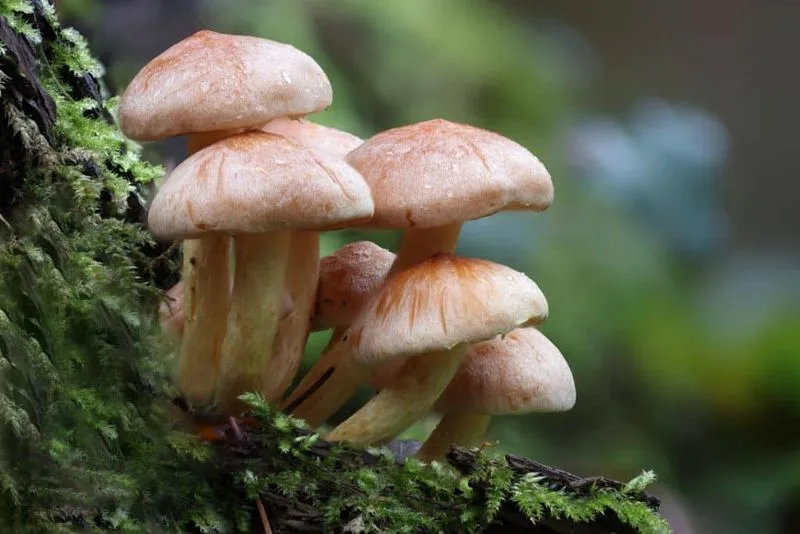
Mushrooms play a pivotal role in breaking down organic matter, returning vital nutrients to the soil. Their ability to decompose complex compounds like lignin and cellulose means they recycle nutrients that might otherwise remain locked. Through this process, mushrooms release nitrogen, phosphorus, and other essential elements back into the earth. Gardens with a healthy mushroom population often see improved plant health due to the consistent nutrient supply. This natural recycling reduces the need for synthetic fertilizers, making mushroom cultivation a sustainable gardening practice.
Water Retention Improvement
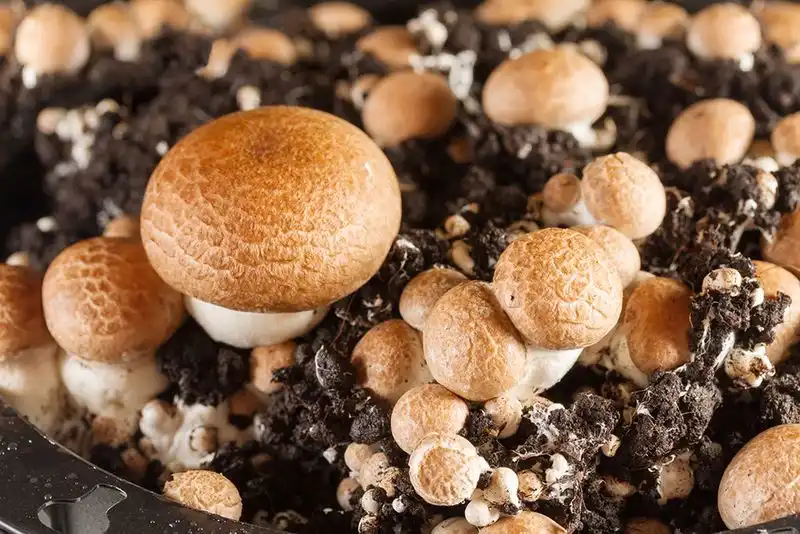
Mushrooms significantly contribute to water retention in soil by creating a spongy matrix. This matrix holds moisture close to plant roots, reducing the frequency of watering. The fungal network helps soils remain hydrated even during dry spells, making them drought-resistant. As a result, gardeners can enjoy lush growth with less water, conserving a valuable resource. By fostering a mushroom-friendly environment, you create a resilient garden capable of thriving in various weather conditions.
Disease Suppression
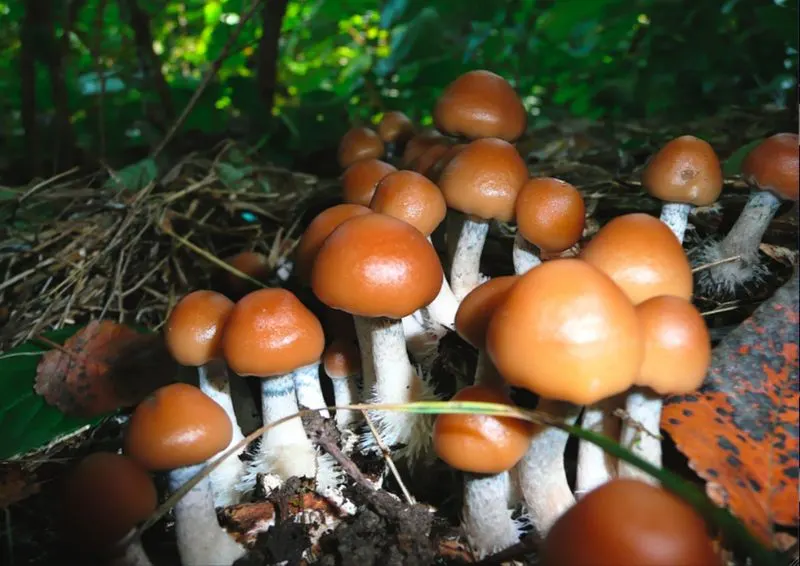
The presence of certain mushrooms in your garden can help suppress soil-borne diseases. Some fungi produce natural antibiotics that inhibit harmful pathogens, creating a healthier environment for your plants. This biological control reduces the reliance on chemical treatments, promoting a more organic approach to gardening. Mushrooms like Trichoderma are known for their disease-fighting capabilities, offering a natural defense mechanism. Incorporating these fungi into your garden can enhance plant resilience, leading to a more robust and disease-free landscape.
Symbiotic Plant Relationships
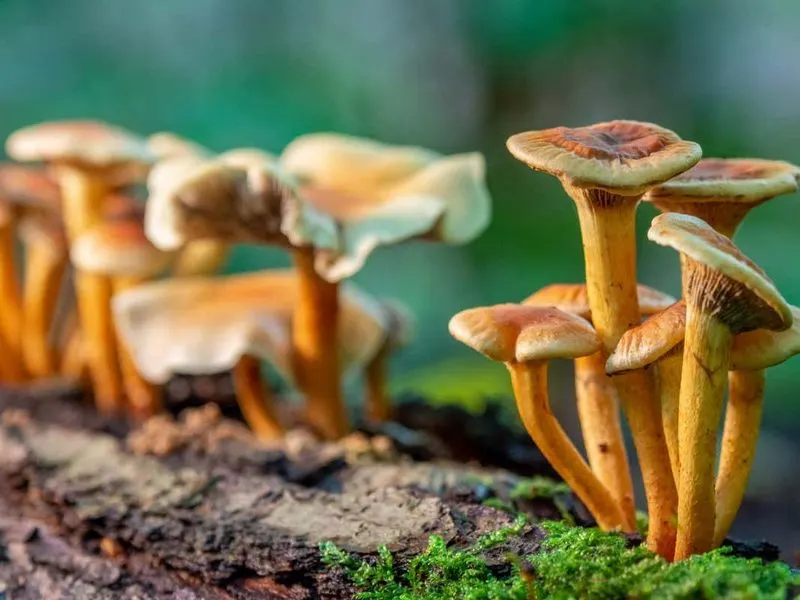
Many mushrooms form beneficial relationships with plants, known as mycorrhizal associations. These partnerships extend the root system’s reach, enhancing nutrient and water uptake. The fungi receive carbohydrates in return, creating a mutually beneficial relationship. This synergy boosts plant growth, health, and resilience, often resulting in more vibrant foliage and bountiful yields. Encouraging these associations in your garden can lead to thriving plants and increased biodiversity, creating a harmonious ecosystem.
Erosion Control
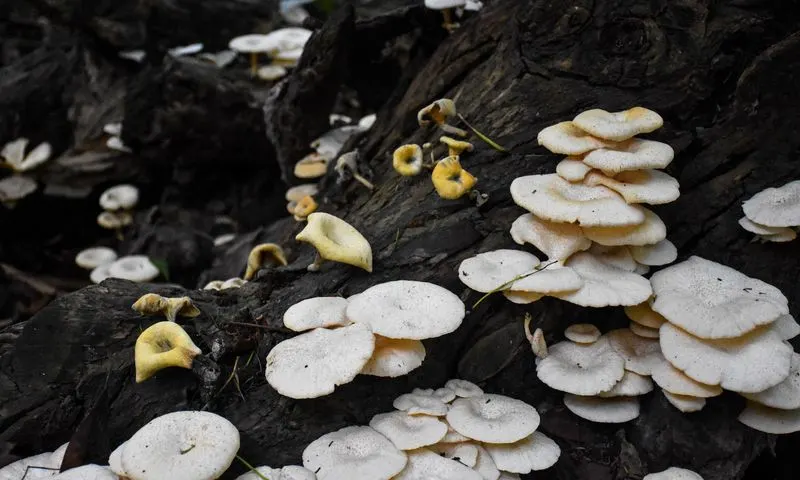
The network of mycelium created by mushrooms acts like a natural glue, holding soil in place and preventing erosion. This is particularly beneficial in sloped gardens or areas prone to heavy rainfall. By stabilizing the soil, mushrooms reduce the loss of valuable topsoil and maintain the land’s fertility. This natural form of erosion control supports sustainable gardening practices, ensuring that the soil remains productive and intact for future planting seasons.
Biodiversity Enhancement
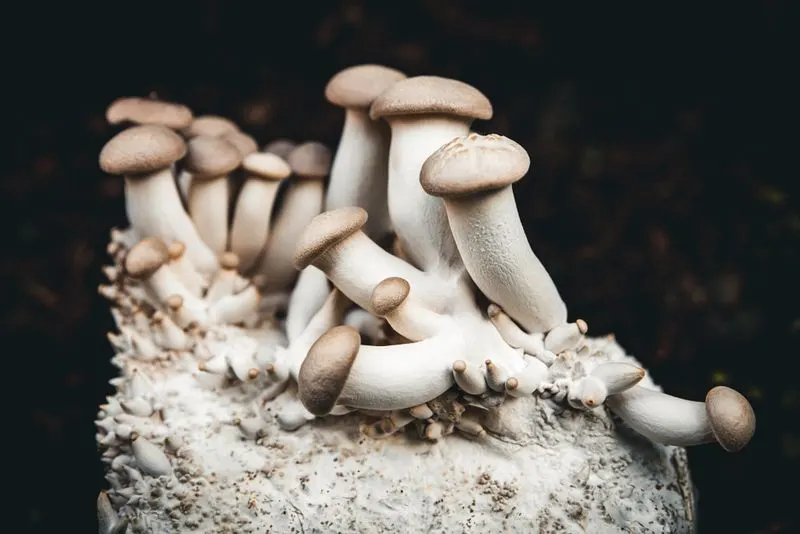
Mushrooms contribute to greater biodiversity in the garden by supporting a variety of life forms. Their presence attracts insects, birds, and other wildlife, creating a dynamic ecosystem. This increased biodiversity can lead to improved pollination and pest control, as beneficial creatures thrive in the mushroom-rich environment. By introducing mushrooms into your garden, you encourage a balanced ecosystem that supports the health and productivity of all its inhabitants.
Soil pH Balance
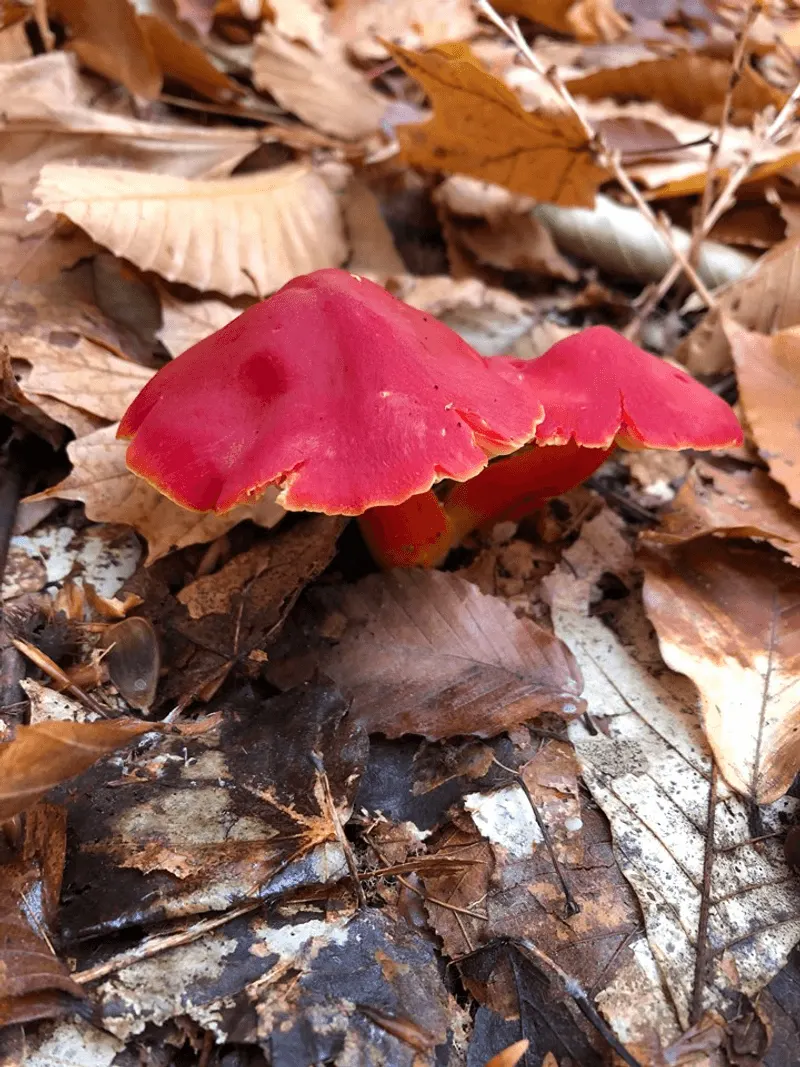
Mushrooms can influence soil pH by breaking down organic matter and releasing various compounds. This natural process helps balance the soil’s acidity, creating an optimal environment for plant growth. By maintaining a balanced pH, mushrooms ensure that nutrients remain available to plants, enhancing their ability to absorb essential elements. This balance is crucial for healthy plant development and can lead to more robust and fruitful harvests.
Pollinator Attraction
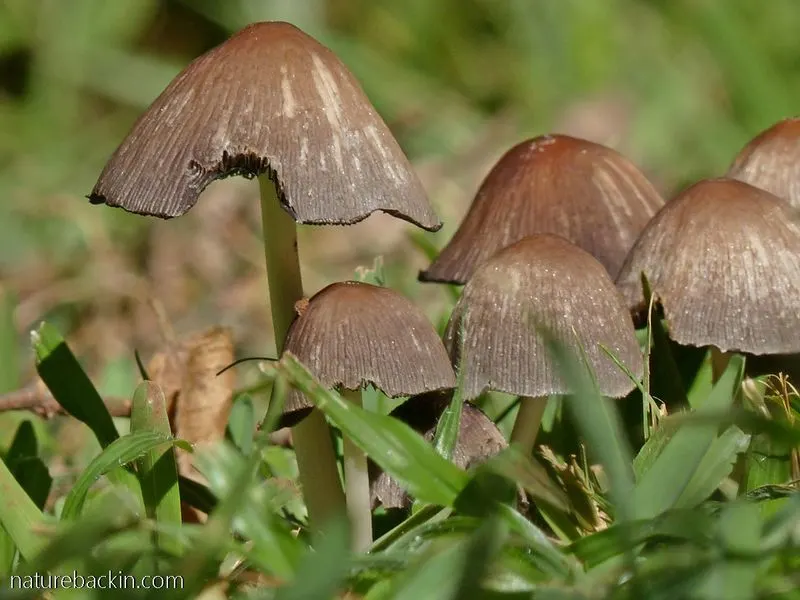
Mushrooms can indirectly attract pollinators by enhancing the garden’s overall biodiversity. The diverse microbial life and increased plant health associated with mushrooms create a welcoming habitat for bees, butterflies, and other pollinators. This attraction promotes successful pollination, leading to a more productive garden. Encouraging mushroom growth can therefore contribute to a thriving pollinator population, essential for the garden’s reproductive success.
Carbon Sequestration
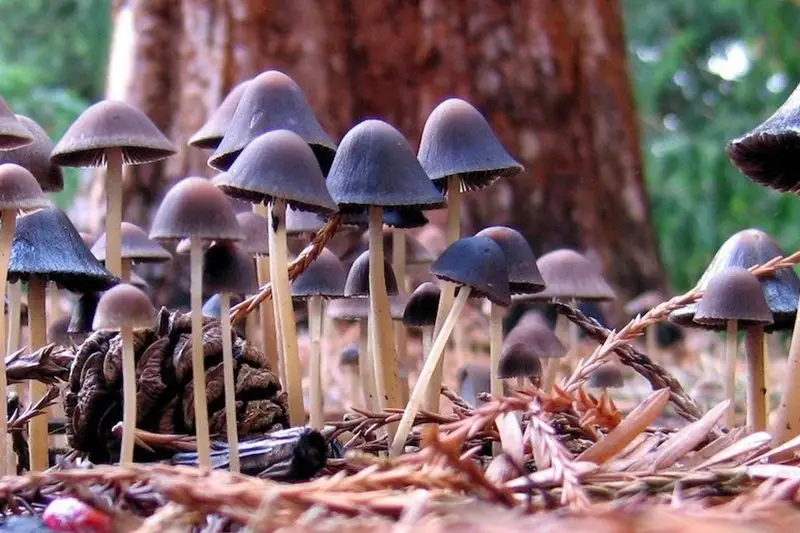
Mushrooms play a role in capturing and storing carbon within the soil. Through their decomposition activities, they lock carbon in a stable form, reducing greenhouse gas emissions. This natural process contributes to carbon sequestration, helping mitigate climate change impacts. Gardeners can contribute to environmental sustainability by promoting mushroom growth, turning their gardens into mini carbon sinks. This practice not only benefits the planet but also enhances soil fertility over time.
Weed Suppression
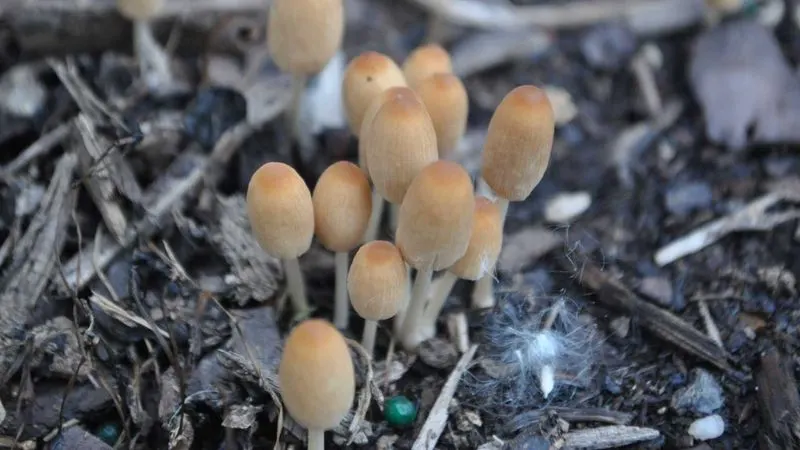
Certain mushroom species can suppress weed growth by outcompeting them for resources. The dense mycelium network occupies space and nutrients, leaving little for unwanted plants. This natural competition reduces the need for herbicides, offering an organic solution to weed management. By cultivating mushrooms, gardeners can maintain tidy, weed-free spaces with less effort and chemical intervention, promoting a cleaner, more sustainable gardening approach.
Heavy Metal Removal
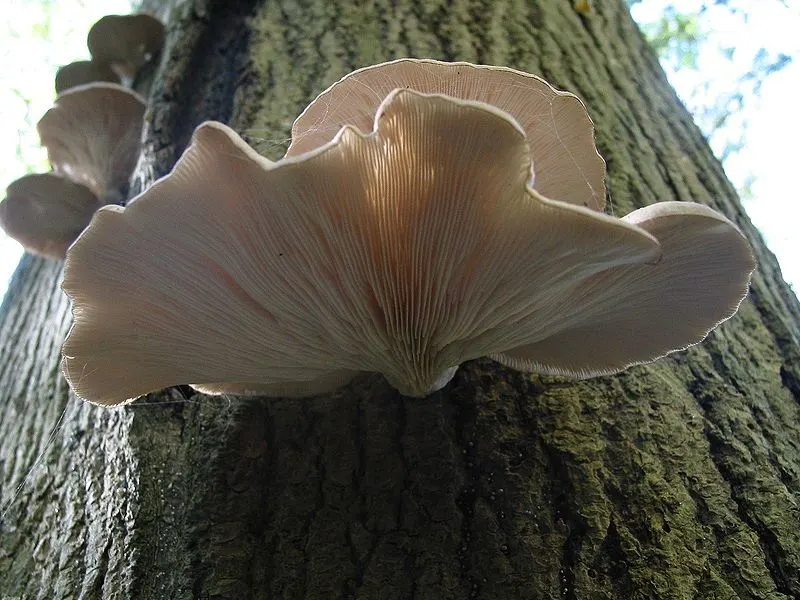
Some mushrooms possess the unique ability to absorb and concentrate heavy metals from the soil. This process, known as mycoremediation, can clean contaminated areas naturally. By breaking down pollutants and sequestering metals, mushrooms help restore soil health. This is particularly valuable in urban gardens or areas with industrial exposure, where soil contamination is a concern. Encouraging mushroom growth in these areas can lead to safer, more productive planting spaces.
Nematode Control
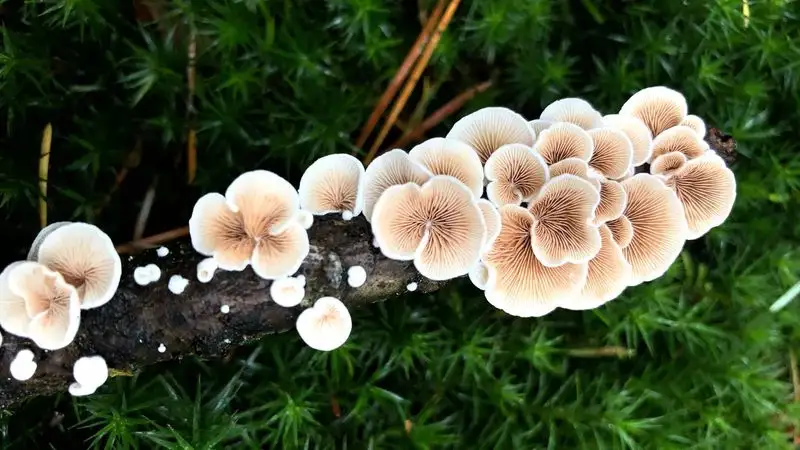
Certain mushroom species can parasitize nematodes, effectively controlling their population in the soil. These microscopic worms can harm plant roots, leading to reduced crop yields. By introducing nematode-trapping fungi, gardeners can naturally manage these pests without chemicals. This biocontrol method promotes healthier root systems and can lead to more productive gardens. The presence of such mushrooms creates a balanced soil ecosystem, reducing pest-related damage.
Organic Matter Decomposition
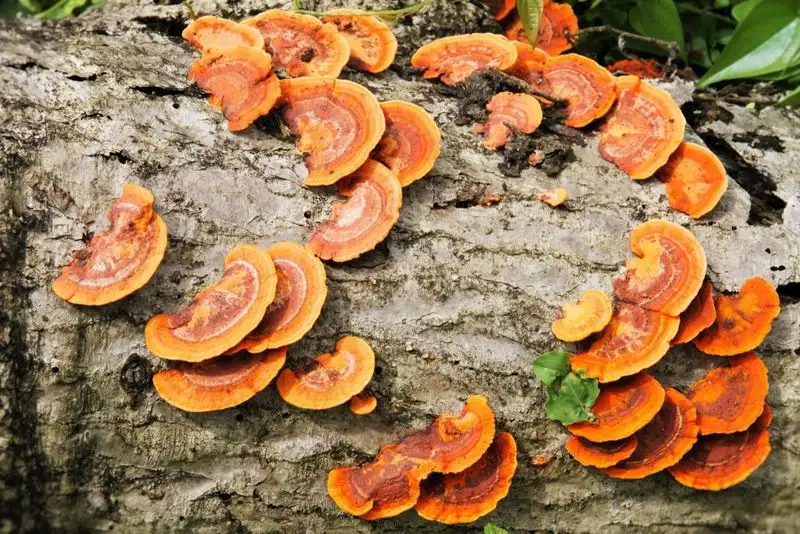
Mushrooms excel at breaking down organic matter, transforming leaves, wood, and other debris into rich compost. This decomposition process enriches the soil, returning essential nutrients and improving its structure. By fostering mushroom growth, gardeners can accelerate composting efforts, leading to more fertile soil. This natural recycling reduces waste and enhances soil quality, supporting vibrant plant life. Incorporating mushrooms into the composting process is a sustainable practice that benefits both garden and environment.
Soil Microbe Support
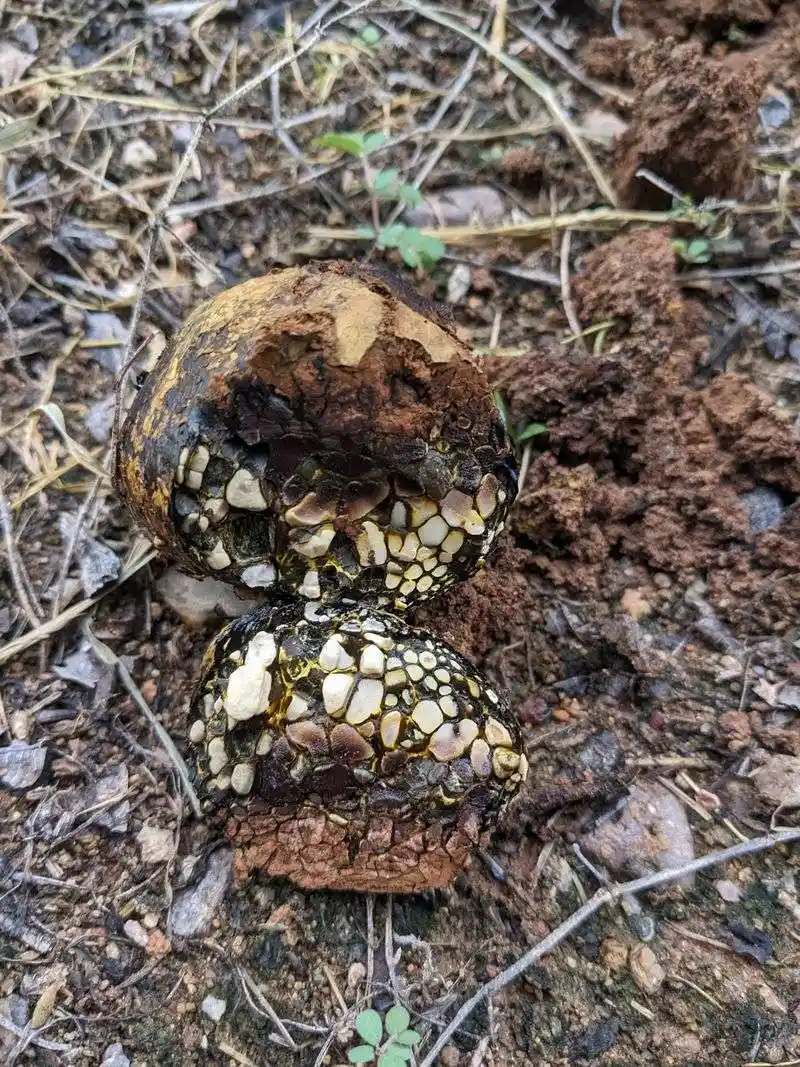
Mushrooms support a diverse community of soil microbes, essential for nutrient cycling and soil health. These fungi create a hospitable environment for bacteria and other microorganisms, fostering their growth. This symbiotic relationship enhances soil fertility and plant productivity. By promoting mushroom-friendly conditions, gardeners can encourage a thriving microbial ecosystem, crucial for robust plant growth. The presence of mushrooms often signals a healthy and dynamic soil environment.
Aesthetic Garden Appeal
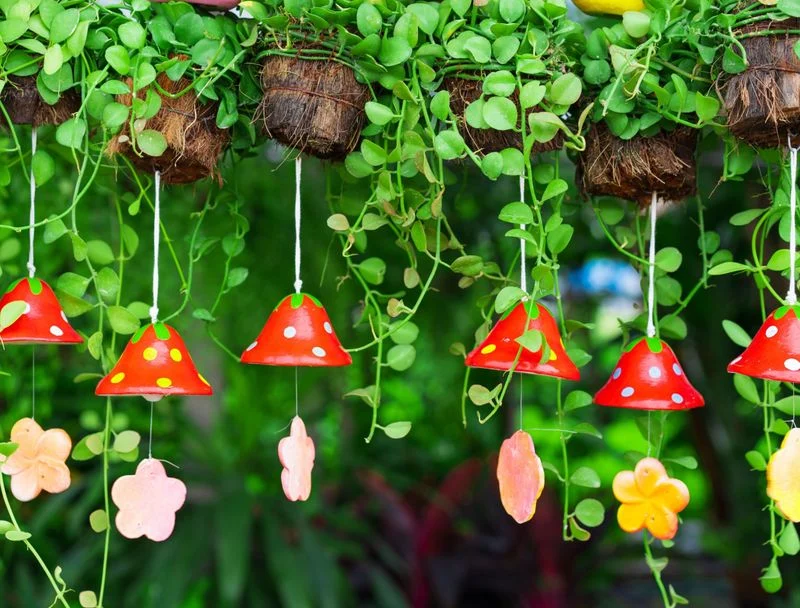
Beyond their functional benefits, mushrooms add a unique aesthetic to any garden. Their diverse shapes, sizes, and colors create visual interest and can complement garden designs. Whether nestled among plants or forming fairy rings, mushrooms enhance the garden’s beauty. This visual appeal can inspire creativity and bring joy to the gardening experience. By incorporating mushrooms, gardeners can create spaces that are not only productive but also pleasing to the eye.
Mushroom-Fueled Moonlight Glow
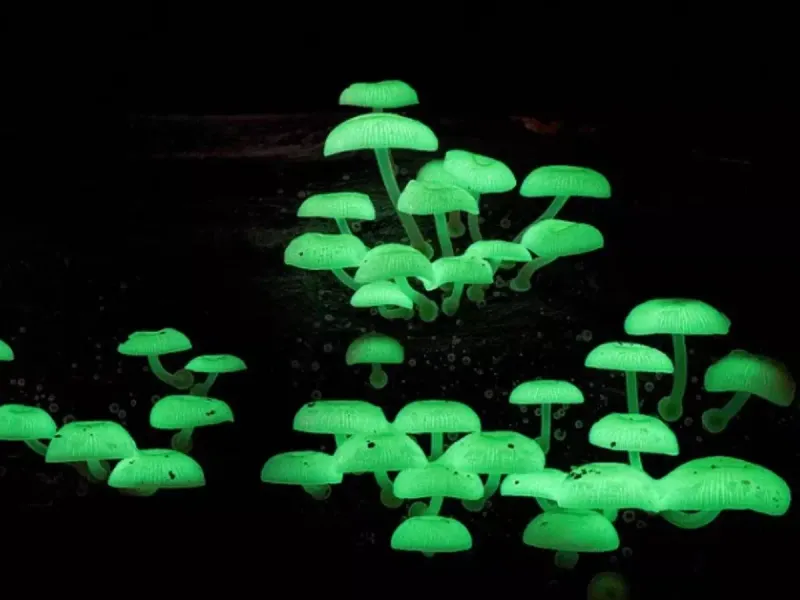
Imagine your garden bathed in a mystical glow under the moonlight, thanks to bioluminescent mushrooms. These fungi act like natural night lights, creating a serene, enchanted atmosphere after dark. Bioluminescence in mushrooms is not just a spectacle; it serves as a beacon for nocturnal pollinators, enhancing the garden’s ecosystem.
Beyond the visual marvel, this glow may also deter some garden pests, who find the subtle light disorienting. While growing bioluminescent mushrooms requires the right conditions, their magical charm and practical benefits offer a unique way to enjoy your garden’s nocturnal beauty.

